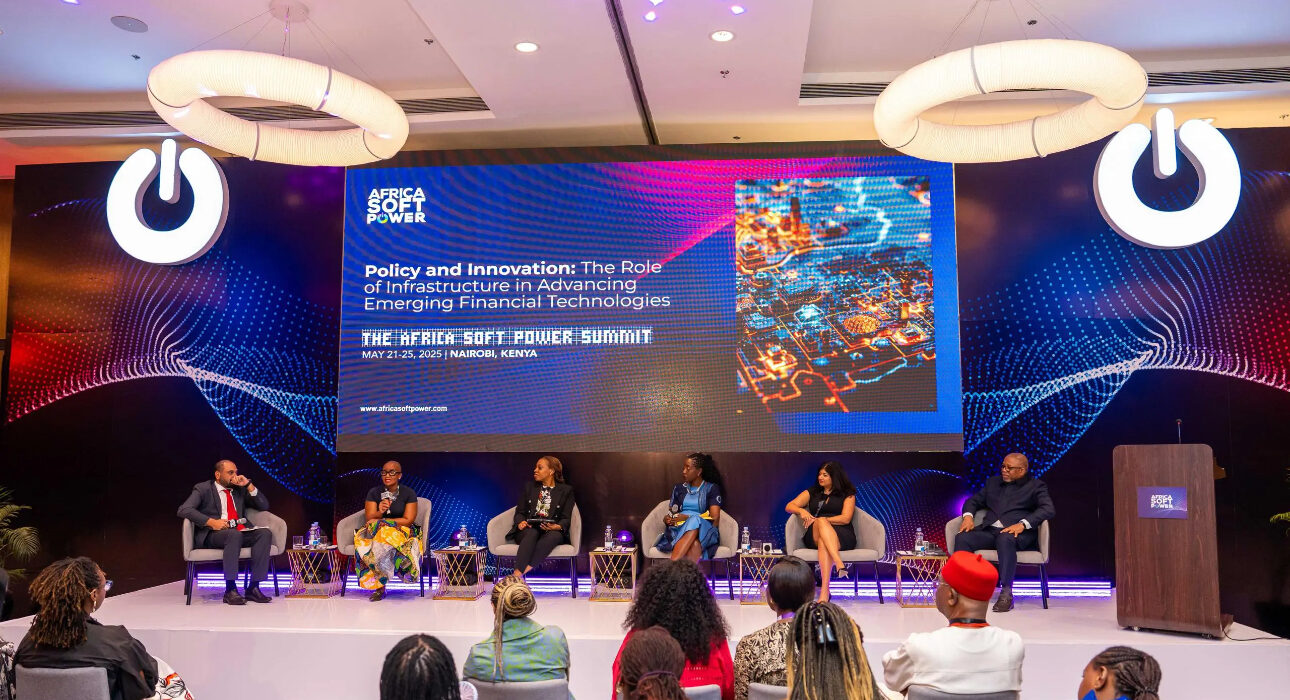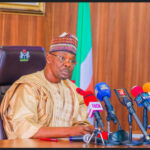Africa Soft Power Summit 4.0 Charts Bold Vision for Continental Leadership in Innovation, Inclusion, Infrastructure

The Africa Soft Power Summit 4.0, held in Nairobi, Kenya, from May 22 to 23, 2025, brought together an influential mix of policymakers, business leaders, creative industry professionals, technologists, and investors from across the continent and diaspora.
Themed “Africa’s Growth Engine: How Policy and Infrastructure Can Advance Emerging Financial Technologies for Continental Leadership,” the summit served as a critical platform for shaping Africa’s future in finance, technology, and culture.
10 Key Takeaways from the 2025 Summit
1. Inclusion as Economic Infrastructure
Dr. Nkiru Balonwu, founder of Africa Soft Power, emphasized the need to treat diversity, equity, and inclusion (DEI) as strategic assets rather than token gestures. When viewed as an economic imperative, inclusion can drive innovation, deepen markets, and foster sustainable development.
2. Infrastructure for Digital Finance
As digital payments gain momentum across Africa, particularly in Nigeria, panelists emphasized the urgent need to scale digital infrastructure. Philip Ikeazor, a representative of the Central Bank of Nigeria, highlighted the necessity of both soft (policy and regulation) and hard (physical and tech) infrastructure to sustain growth and reach underserved populations.
3. Political Will Needed for Cross-Border Integration
Despite the existence of systems like the Pan-African Payment and Settlement System (PAPSS), trade remains constrained by fragmented currencies and restrictive monetary policies. Experts urged African governments to demonstrate political will to harmonize cross-border payments and unlock intra-African trade potential.
4. Creative Industries as Economic Drivers
Africa’s creative economy took center stage as speakers pushed for data-driven infrastructure, improved distribution channels, and protection against piracy. The summit also encouraged reframing African stories, moving beyond trauma-focused narratives to those of innovation and excellence.
5. Empowering Local Capital Allocators
There was a strong call to decolonize investment decision-making. Speakers like Edwin Macharia criticized the over-reliance on foreign investors who may not grasp local realities. Instead, empowering African fund managers was seen as key to building resilient, context-aware enterprises.
6. Need for Interoperability in Fintech
Ngover Ihyembe-Nwankwo of NIBSS highlighted the inefficiencies of isolated digital systems. True digital scale, she said, depends on interoperability between banks, telcos, and fintechs, which would lower costs and increase reach.
7. Inclusive Innovation for Women
Women, especially in rural and underserved communities, are often excluded from the design of financial and digital solutions. The summit called for co-creating systems that reflect the realities of women’s lives and encourage their full participation in the economy.
8. Telling Africa’s Own Stories
From fintech to culture, delegates emphasized the power of narrative sovereignty. Africa must amplify its homegrown innovations and frame its own stories, particularly its leadership in instant payments and digital identification systems, to reshape global perception.
9. Harnessing Open-Source AI
The summit discussed leveraging tools like Meta’s LLaMA and other open-source models to build African AI solutions. These sovereign models could be trained in local languages and tailored to African customs, preserving digital independence and cultural relevance.
10. Addressing Gender-Based Funding Gaps
Despite being pillars of Africa’s informal and entrepreneurial economy, women remain grossly underfunded. The summit urged the appointment of more female capital allocators who understand and support the context of women entrepreneurs.
The 2025 edition of the Africa Soft Power Summit affirmed Africa’s readiness not just to participate in global conversations, but to lead them.
With the right policies, infrastructure, capital, and narrative tools, Africa is uniquely positioned to define the next frontier in fintech, creative industry expansion, digital inclusion, and AI innovation.
The event concluded with a call to action: African leaders, innovators, and citizens must collaboratively harness the continent’s “soft power”—its creativity, culture, and intellectual capital—to shape a prosperous and inclusive future.









